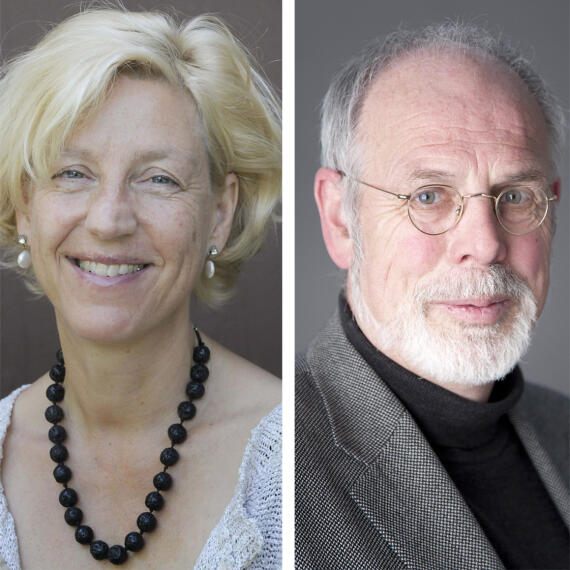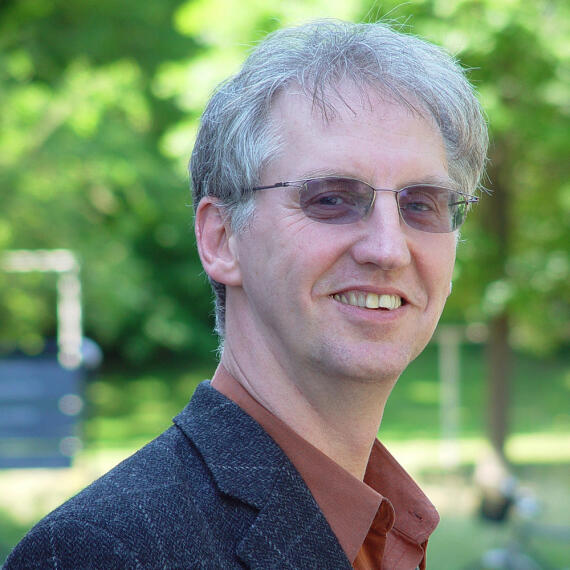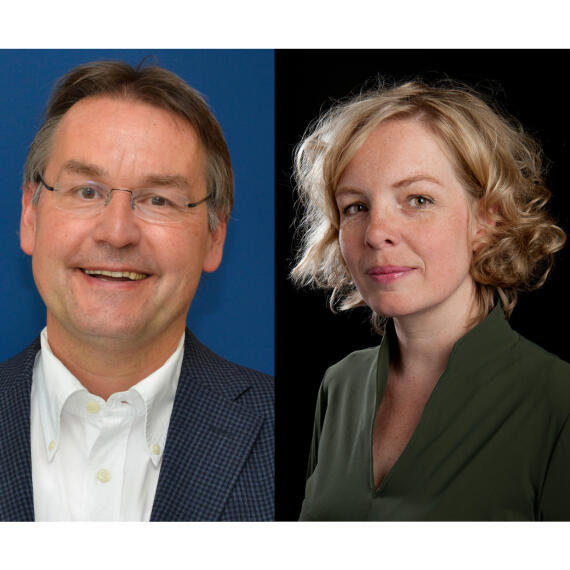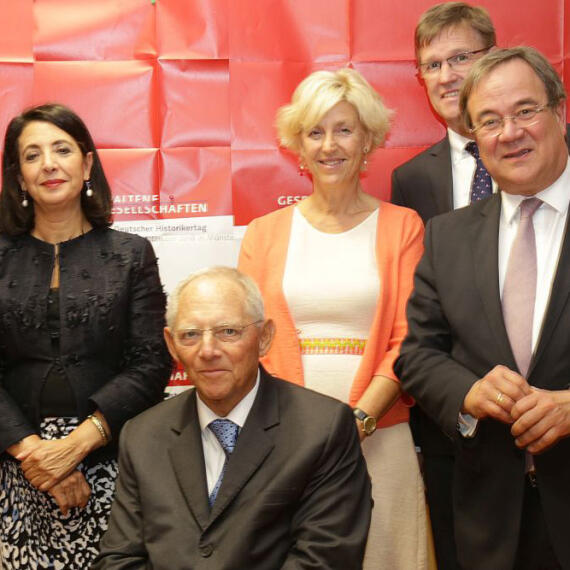“DIVIDED SOCIETIES” – 52ND MEETING OF GERMAN HISTORIANS IN MÜNSTER
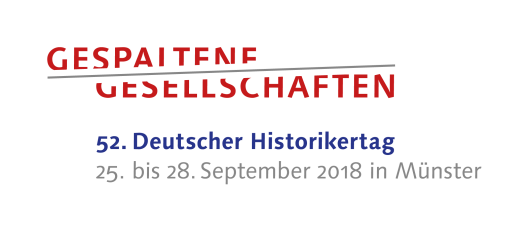
The 52nd Meeting of German Historians at the University of Münster from 25 to 28 September will deal with “Divided Societies”. Some 3,500 scientists from Germany and abroad will exchange views on current research topics in more than 90 sections at Europe’s largest humanities congress. It is the second time that the event will be held in Münster in September.
Organisers are the Association of German Historians (VHD), the Association of German History Teachers (VGD) and the University of Münster (WWU). The convention dates back to the “First Meeting of German Historians” in Munich in 1893, is held every two years and is devoted to pressing questions in history and society. This year’s partner country is the Netherlands.
Programme highlights
The President of the German Bundestag, Wolfgang Schäuble (CDU), and his Dutch colleague Khadija Arib, Speaker of the House of Representatives, will be among those who speak at the opening of the Meeting of German Historians on Tuesday evening, 25 September. In his lecture on Thursday, the director of the German Literary Archives in Marbach, Prof. Ulrich Raulff, will talk about loneliness and freedom. Dutch author Geert Mak, the most successful author of historical accounts of Dutch history, will speak on Thursday evening about his path to history, his way of working, his choice of topics and his recipe for success. Australian historian Prof. Christopher Clark will speak about cultural struggle as social disunity.
The public closing lecture will be given on Friday, 28 September, by sociologist and migration researcher Prof. Aladin El-Mafaalani on divisions and radicalisation in social networks. Preceding that on Monday evening, political scientist Prof. Herfried Münkler will speak at a Körber Foundation event in the Rathausfestsaal about cohesion and democracy in the crisis, taking a look backwards towards the future. In the section she heads, Prof. Birgit Schäbler, director of the Orient Institut Beirut, will debate the controversially discussed question of how divided Middle Eastern societies are.


